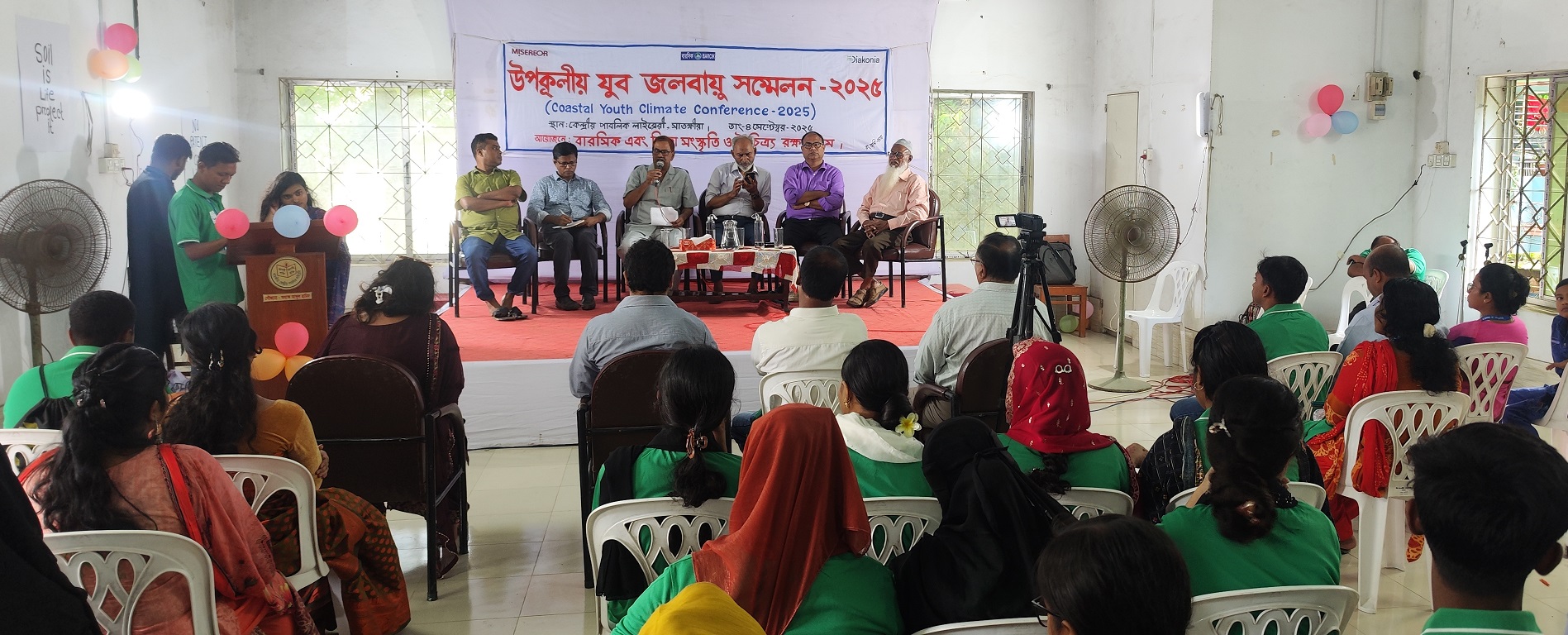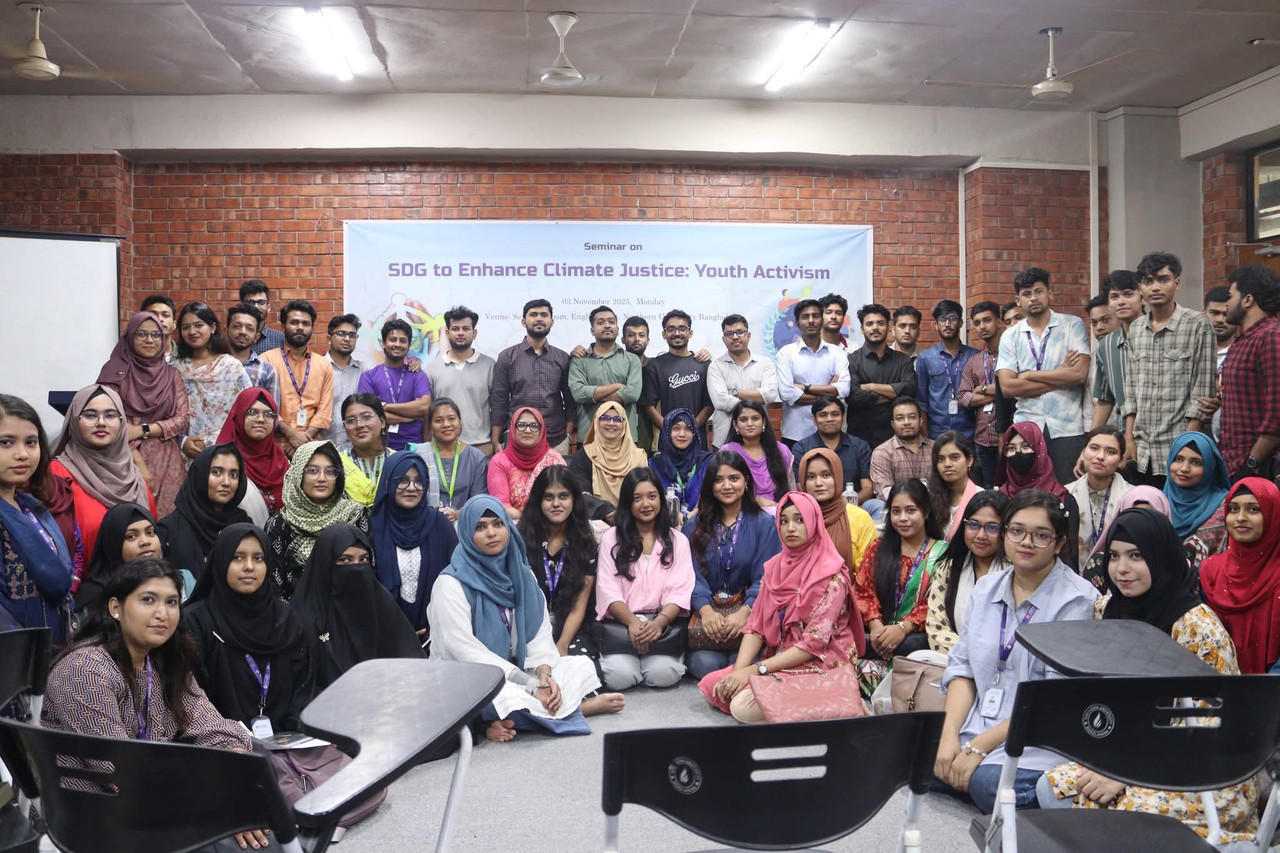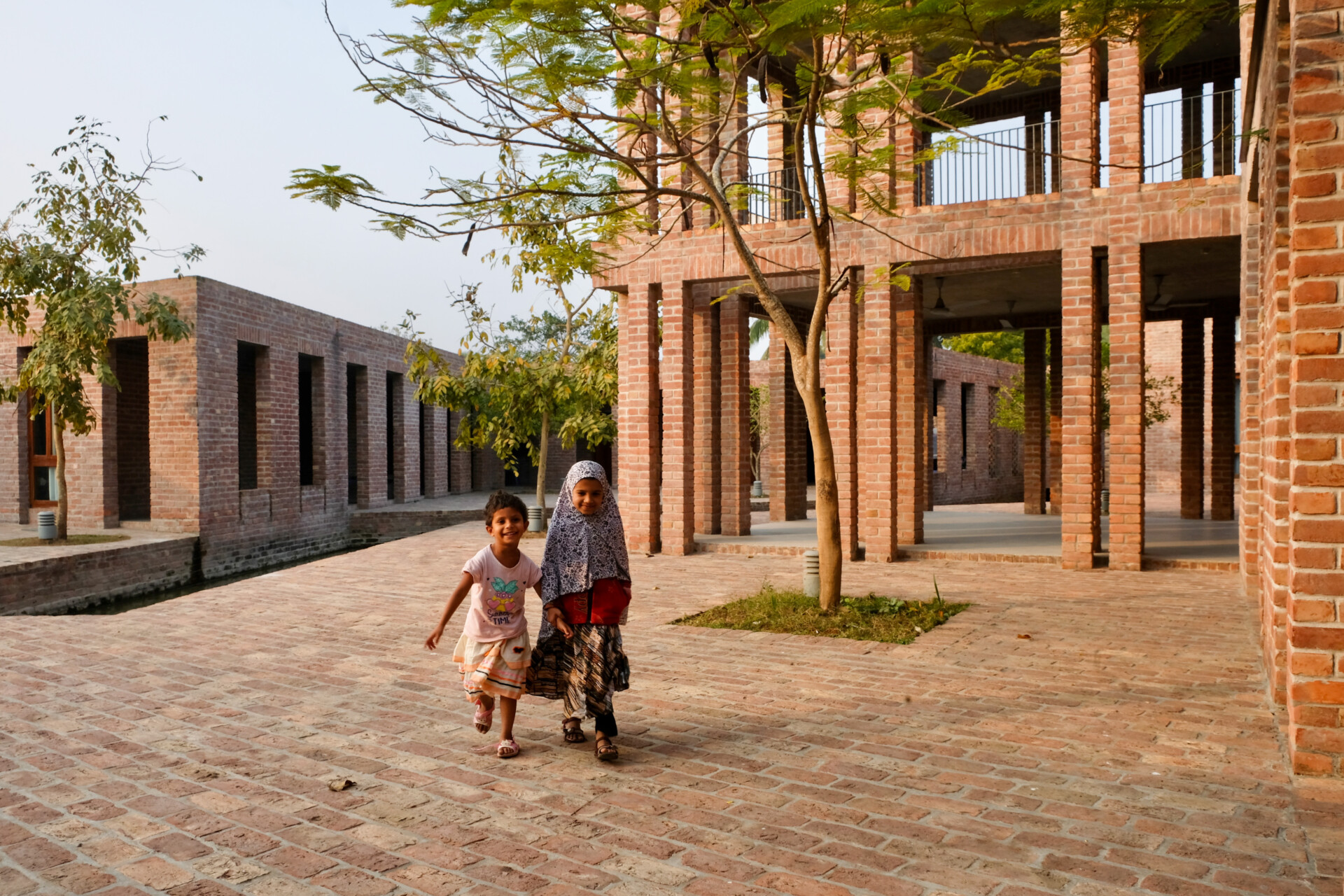Loading...
newsTicker.loading • newsTicker.loading
newsTicker.loading • newsTicker.loading
Loading...
Arthur Rahman
EcoBangla Correspondent
September 14, 2025
257
0

Conference Participants The conference, jointly organized by BARCIK (Bangladesh Resource Center for Indigenous Knowledge) and the Education, Culture and Diversity Protection Team, brought together approximately 200 participants, including: Government Officials: Department of Environment Assistant Director, Md. Asaduzzaman, Upazila Youth Development Officer Azizul Haque Academic & Research Community: Professor Mozzammel Hossain, urban researcher Jahangir Alam, anthropologist Shahidul Islam, researcher Amreen Binte Azad Media Representatives: Senior journalists Sharifullah Kaiser Sumon and Golam Sarwar, journalist SM Biplob Hossain Civil Society Leaders: Advocate Azad Hossain Belal (Satkhira District Citizens' Committee Convener), environmental activists Madhav Chandra Dutta and Principal Ashek-e-Elahi, youth organizer Osman Gani Sohag, Abdur Rahman Nirob (Education, Culture and Diversity Protection Team President) Youth Representatives: Sifat Hossain, Nishita, Imti Jamil, Saidul Islam, Irafil Hossain, Ifti Jamil, Mehtahul Jannat Mahi, Tahura Khatun Lily, Tamim Rohan, Mabia Jannat Community Members: Domestic worker Jahanara Khatun and other local residents from across the coastal district. Key Demands Emerge Conference participants issued a comprehensive list of recommendations targeting immediate urban challenges. The demands include urgent resolution of waterlogging issues that plague Satkhira during monsoon seasons, large-scale tree plantation programs to reduce urban heat, and opening public parks, playgrounds and gardens currently restricted from community use. Additional proposals called for dedicated bicycle lanes for students, housing facilities for low-income residents, and expanded social safety nets. Participants also demanded work-oriented education programs for youth, health card provisions for urban poor populations, and increased youth participation in city development planning. Earlier in the day, a colorful rally wound through Satkhira's main thoroughfares with banners demanding climate justice, drawing curious onlookers and traffic delays. Three-Session Format The conference followed a structured three-session format addressing different aspects of climate adaptation and urban development. Session One examined "Youth perspectives on the climate crisis and urban reforms" under the chairmanship of Advocate Azad Hossain Belal, convener of the Satkhira District Citizens' Committee. Speakers included Professor Mozzammel Hossain, Upazila Youth Development Officer Azizul Haque, and senior journalist Sharifullah Kaiser Sumon. Urban researcher Jahangir Alam presented data on local climate impacts, while anthropologist Shahidul Islam discussed community adaptation strategies. Journalist SM Biplob Hossain moderated discussions involving youth representatives Sifat Hossain, Nishita, and Imti Jamil. Session Two, chaired by environmental activist Madhav Chandra Dutta, focused on youth roles in creating eco-friendly urban spaces. Department of Environment Assistant Director Md. Asaduzzaman outlined government initiatives, while researcher Amreen Binte Azad presented technical approaches to urban greening. Youth participants Saidul Islam, Irafil Hossain, Ifti Jamil, Mehtahul Jannat Mahi, and Tahura Khatun Lily shared specific proposals for sustainable city development, including waste management reforms and renewable energy installations. Session Three addressed marginalized urban communities under the leadership of environmental activist Principal Ashek-e-Elahi. Senior journalist Golam Sarwar examined media coverage of climate issues affecting the urban poor, while youth organizer Osman Gani Sohag discussed grassroots mobilization strategies. Abdur Rahman Nirob, president of the Education, Culture and Diversity Protection Team, outlined organizational priorities. Youth representatives Tamim Rohan and Mabia Jannat presented research on housing inequalities, while domestic worker Jahanara Khatun provided firsthand testimony about climate impacts on working-class families. Official Responses Government representatives present offered cautious responses to the youth demands. Department of Environment Assistant Director Asaduzzaman acknowledged the urgency of waterlogging issues but noted budget constraints affecting large-scale infrastructure projects. Upazila Youth Development Officer Azizul Haque expressed support for expanded youth training programs while emphasizing existing government initiatives. No specific commitments or timelines were announced during the sessions. Local Context Satkhira district faces multiple climate challenges including rising sea levels, saltwater intrusion into freshwater systems, and increased cyclone frequency. The city experienced severe waterlogging during the 2024 monsoon season, disrupting transportation and commerce for several weeks. Recent temperature data shows urban heat island effects making city centers significantly warmer than surrounding rural areas, particularly affecting students walking to schools during daytime hours. Organizational Background BARCIK, the co-organizing group, works to preserve traditional ecological knowledge while promoting sustainable development practices. The Education, Culture and Diversity Protection Team focuses on youth advocacy and community organizing in southwestern Bangladesh. Both organizations have previously collaborated on environmental campaigns including mangrove restoration projects and traditional agriculture preservation initiatives. Next Steps Conference organizers announced plans to submit formal proposals to Satkhira municipal authorities within two weeks. A follow-up youth assembly is scheduled for October 15 to review official responses and plan additional advocacy activities. Participants established working groups focused on specific issues including urban planning, environmental health, and social services. Contact information was exchanged for ongoing coordination between different youth organizations represented at the conference. The conference concluded with commitment statements from various youth groups to continue pressing for climate-resilient urban development through both institutional channels and grassroots organizing.


Join the conversation and share your thoughts!
Be the first to share your thoughts!